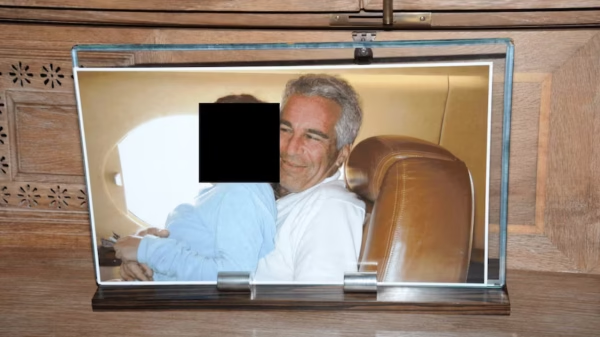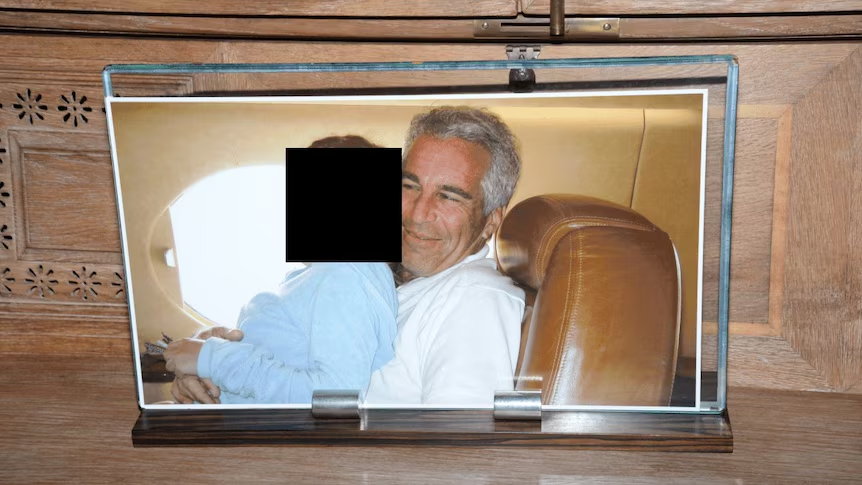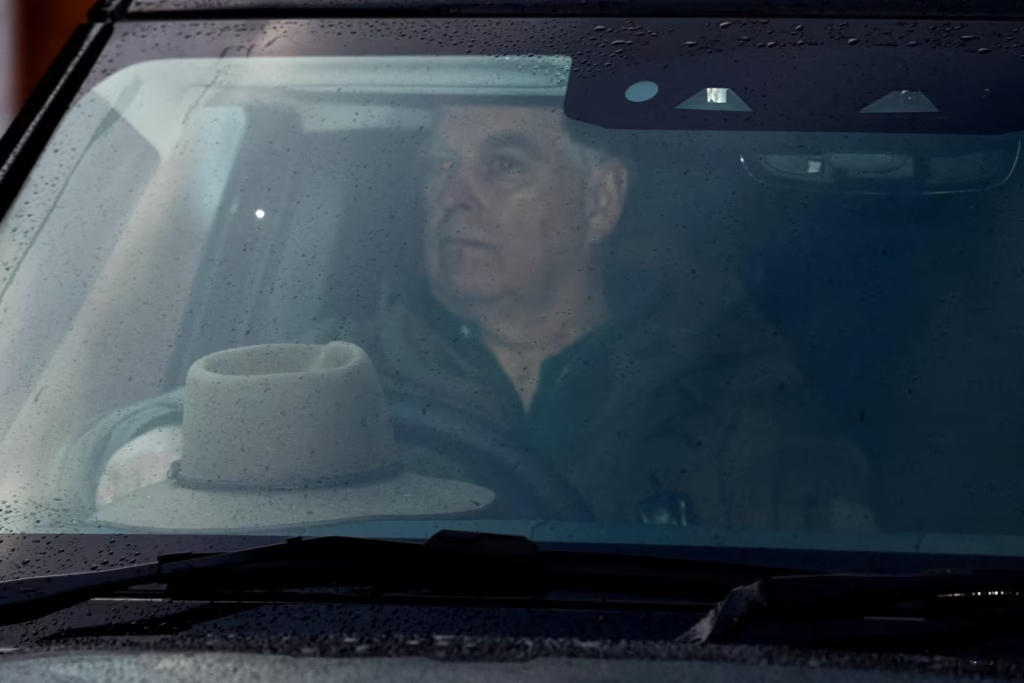In Maryland, a long-buried chapter of juvenile justice has come into view: dozens of graves of Black boys who died at a segregated youth prison have been discovered, renewing scrutiny of the state’s legacy of racial discrimination in youth corrections. What began as a historical research project soon revealed a neglected forested burial site near a former Black-only children’s detention campus — a silent testament to how young lives were marginalized, then forgotten.
Hidden Graves and a Separate System
Since the early 1800s, Maryland operated distinct correctional institutions for White and Black children, under names that betrayed deep racial attitudes: White youth were sent to a “House of Refuge,” while Black boys as young as five were committed to a “House of Reformation”. State archival records and 19th-century newspapers show the White facility received far more funding, programming and press attention, while the Black institution was characterized by forced labor, minimal schooling, and neglect.
Eventually, near the grounds of today’s youth detention center in Cheltenham, a wooded site was identified: what appears to have been a potter’s field where over 200 Black boys were buried between the late 1800s and 1939. Many graves were marked only by deteriorating cinder blocks rather than headstones, underscoring the erasure of these children’s lives.
From Past Injustice to Present-Day Policy
The discovery of this burial ground is more than a historical footnote—it resonates with how young people in Maryland’s juvenile justice system are treated today. Despite legal desegregation in the early 1960s, the state still sends youth to adult court and prisons at far higher rates than the national average. Youth of colour, particularly Black youth, make up 33% of Maryland’s child population but nearly 92% of those prosecuted as adults.
Research shows processing minors as adults increases the likelihood of re-offending and even early mortality. Reform advocates argue this system perpetuates the same undervaluing of young Black lives that the burial ground symbolizes: “We’re not just memorializing the past—we’re confronting the way our justice system still treats kids as disposable.”
The Path Forward: A Chance for Reckoning
With the burial site now located and publicly acknowledged, state legislators and advocacy groups are pushing for reforms—most notably to automatic adult prosecution statutes that transfer children to adult court without individualized review. Cleaning up the neglected gravesite and erecting memorials are proposed steps to honour the lives lost and foster accountability.
However, meaningful change depends on more than monuments. It requires policy shifts and public recognition that the same normalization of harsh treatment — whether in a forest full of anonymous graves or in contemporary youth-adult prosecutions — draws from a continuous thread of racial injustice. Scholars and reformers say that by acknowledging this history, Maryland might better ensure that youth, especially those from marginalised communities, are treated with the dignity and support they deserve.




















































